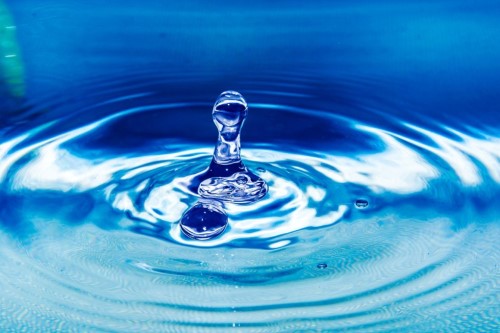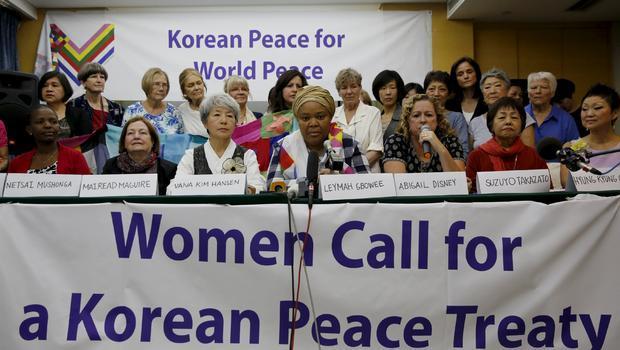The Human Right to Water and 3 Ways You Can Help

The Human Right to Water and 3 Ways You Can Help
Today, more than two billion people, or at least 25 percent of the world’s population, do not have access to one of the most important resources in the world – safe, clean drinking water. Diseases such as cholera, typhoid and malaria are now but distant memories in developed countries, but in developing nations, these and other waterborne illnesses kill five million people each year, with thousands of them being children! Not only do poor sanitation and water affect health, but also education. Children around the world – and particularly girls – are denied their right to education because their schools lack private and decent sanitation facilities. Imagine not being able to work, finish your degree or see friends because you spend large parts of your day fetching water.
This alarming number of people affected by lack of clean drinking water shows why in 2010, the United Nations recognized that water and sanitation should be a human right, not just a commodity and why it is one of the most massive global issues and a key focus area dear to our hearts.
Below are three acts of peace that you can pledge today to help preserve and promote the human right to water.
1. Fund a Water Project
There are plenty of nonprofit organizations that aim to conduct scalable, sustainable water projects in vulnerable cities worldwide. Pledge to cut out non-water beverages (such as coffee, soda, or smoothie) from your daily routine for two weeks and use the money saved to donate to one of them.
2. Cut it Out
Water shortage is a major issue worldwide, as seen recently with the California drought crisis. In many areas, water is being pumped out of the ground faster than it’s replenished and conserving this water can allow water supplies to be used more effectively. Do your part to cut down water usage by retrofitting your faucet and showerheads, displacing water in your toilet tank, fixing water leaks, taking shorter showers and skipping the car wash. By doing so, millions of gallons of water could be saved every day.
3. Ban Bottled Water
Buying bottled water can be expensive, wasteful, and no healthier than tap water. By cutting down on drinking water bottled by corporations, you are taking a stand against the drive to commoditize what is a basic human right: the access to safe and affordable water. A couple alternatives to bottled water include buying a stainless steel thermos or buying a carbon filter to turn your tap water sparkling fresh at the fraction of bottled water’s cost.



